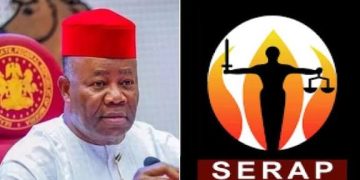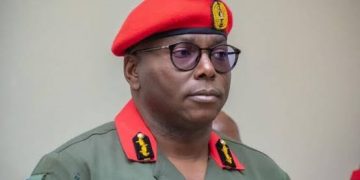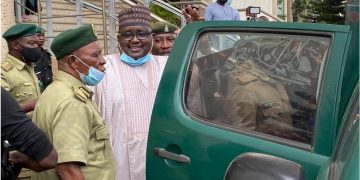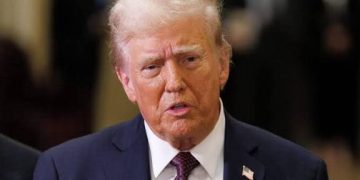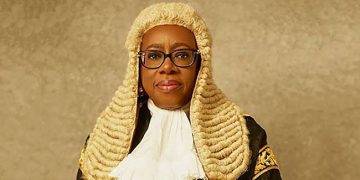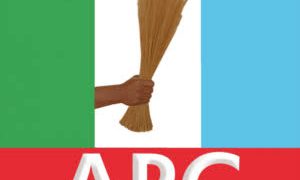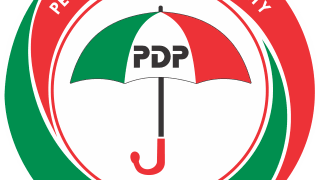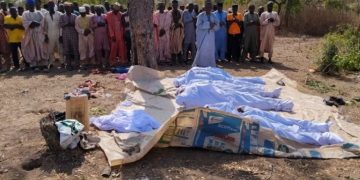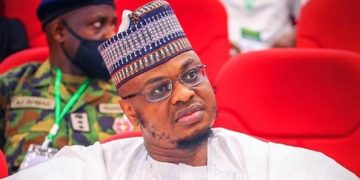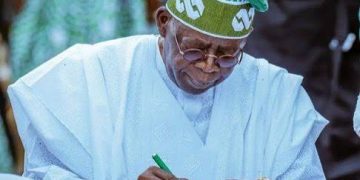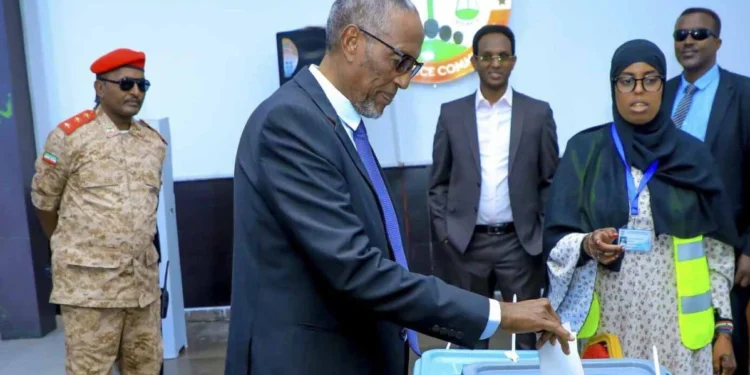Vote count has commenced in Somaliland, a breakaway region of Somalia which went to polls on Wednesday to elect its 6th president since unilaterally declaring independence in 1991.
The Somaliland National Electoral Commission, NEC, said in a statement that polls closed across the region at 6 p.m. local time.
The NEC disclosed that more than 1 million people registered to vote across 2,000 polling stations.
Despite its continued push for international recognition, the former northwest region of Somalia has a functioning government and institutions, a political system that has allowed democratic transfers of power between rival parties and its own currency, passport and armed forces.
President Muse Bihi Abdi of the governing Kulmiye Party is seeking a second term after seven years in office, during which he has pushed for the country’s recognition.
The Wednesday’s vote comes at a time when tensions remain high between Somalia and Ethiopia over a controversial memorandum of understanding that Ethiopia signed with Somaliland.
The deal would grant Ethiopia a 50-year lease of access to 20 kilometers of the Gulf of Aden coastline in exchange for the potential recognition of Somaliland’s independence, which Somalia views as a violation of its sovereignty and territorial integrity.
The deal, signed on January 1 in Addis Ababa by Abdi and Ethiopia Prime Minister Abiy Ahmed, sparked anger in Mogadishu, which considers Somaliland part of its national territory.
In April, Somalia expelled Ethiopian Ambassador Muktar Mohamed Ware, alleging “internal interference” by Ethiopia. Somalia also ordered the closure of Ethiopia’s consulates in Somaliland and Puntland, although both consulates remained open.
Last month, Somalia expelled Mogadishu-based Ethiopian diplomat Ali Mohamed Adan, who was a counselor at Ethiopia’s embassy in Mogadishu.
In July and August, two rounds of talks between Ethiopia and Somalia, mediated by Turkey, failed to solve the dispute, with Somalia demanding Ethiopia withdraw from the deal and Ethiopia insisting that it does not infringe on Somalia’s sovereignty.
Somaliland is also optimistic that the incoming Trump administration will revisit Washington’s longstanding recognition of Mogadishu’s sovereignty over Somaliland.
Several leading US Department of State officials who worked on Africa policy during Trump’s first term have publicly voiced support for recognising Somaliland.


